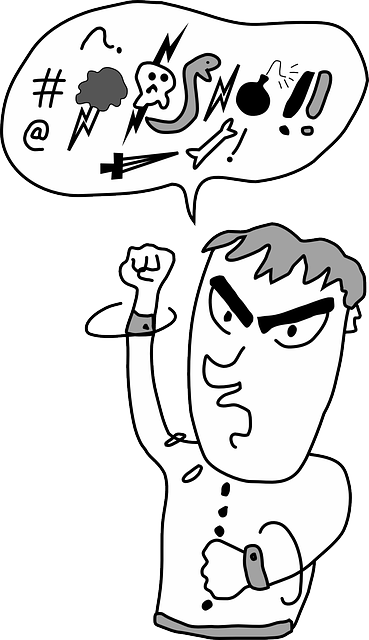Premenstrual syndrome (PMS) is a common condition that affects many women during their menstrual cycle. PMS depression is a type of PMS that causes mood changes, irritability, and feelings of sadness or hopelessness. It is estimated that up to 75% of women experience some form of PMS symptoms, with depression being one of the most common. Symptoms of PMS depression can range from mild to severe and can significantly impact a woman’s quality of life.
Symptoms of PMS depression can include feelings of sadness or hopelessness, irritability, anxiety, fatigue, difficulty concentrating, and changes in appetite or sleep patterns. These symptoms typically occur in the week or two leading up to a woman’s period and can last for several days.
Understanding the Causes of PMS Depression
 The exact cause of PMS depression is not fully understood, but it is believed to be related to hormonal imbalances and changes in serotonin levels. Hormonal imbalances during the menstrual cycle can affect neurotransmitters in the brain, including serotonin, which plays a role in regulating mood. Genetics and environmental factors may also contribute to the development of PMS depression.
The exact cause of PMS depression is not fully understood, but it is believed to be related to hormonal imbalances and changes in serotonin levels. Hormonal imbalances during the menstrual cycle can affect neurotransmitters in the brain, including serotonin, which plays a role in regulating mood. Genetics and environmental factors may also contribute to the development of PMS depression.
Diet and Nutrition for PMS Depression
Diet and nutrition can play a significant role in managing PMS depression symptoms. Foods high in sugar, caffeine, and processed foods should be avoided as they can exacerbate mood swings and irritability. Instead, incorporating whole foods such as fruits, vegetables, lean proteins, and complex carbohydrates can help stabilize blood sugar levels and improve mood.
In addition to a balanced diet, supplements such as vitamin B6, magnesium, omega-3 fatty acids, and calcium may also be beneficial for managing PMS depression symptoms.
Exercise and Stress Management for PMS Depression
Regular exercise has been shown to improve mood and reduce symptoms of depression. Engaging in physical activity such as yoga, walking, or strength training can help reduce stress and improve overall well-being. Stress management techniques such as deep breathing, meditation, and mindfulness can also be helpful in managing PMS depression symptoms.
Herbal and Homeopathic Remedies for PMS Depression
Herbal and homeopathic remedies such as St. John’s Wort, evening primrose oil, chamomile tea, and lavender oil have been shown to be effective in managing symptoms of PMS depression. St. John’s Wort is a natural antidepressant that can help improve mood and reduce anxiety. Evening primrose oil contains gamma-linolenic acid (GLA), which has been shown to reduce symptoms of PMS. Chamomile tea and lavender oil have calming properties that can help reduce stress and promote relaxation.
Supplements for PMS Depression
Supplements such as vitamin B6, magnesium, omega-3 fatty acids, and calcium have been shown to be effective in managing symptoms of PMS depression. Vitamin B6 can help regulate mood by increasing serotonin levels in the brain. Magnesium has a calming effect on the nervous system and can help reduce anxiety and irritability. Omega-3 fatty acids have anti-inflammatory properties that can help reduce symptoms of depression. Calcium has been shown to improve mood and reduce symptoms of PMS.
Professional Treatment Options for PMS Depression
For women with severe or persistent symptoms of PMS depression, professional treatment options may be necessary. Cognitive-behavioral therapy (CBT) is a type of talk therapy that can help individuals identify negative thought patterns and develop coping strategies to manage symptoms of depression. Antidepressant medications may also be prescribed to help regulate mood and reduce symptoms of depression. Hormonal therapy such as birth control pills or hormone replacement therapy may also be effective in managing PMS depression symptoms.
PMS depression is a common condition that affects many women during their menstrual cycle. While symptoms can range from mild to severe, there are many natural treatment options available to manage symptoms.
Diet and nutrition, exercise, stress management techniques, herbal and homeopathic remedies, and supplements can all be effective in managing symptoms of PMS depression. For women with severe or persistent symptoms, professional treatment options such as cognitive-behavioral therapy, antidepressant medications, or hormonal therapy may be necessary. It is important for women to seek help and find what works best for them in managing their PMS depression symptoms.








